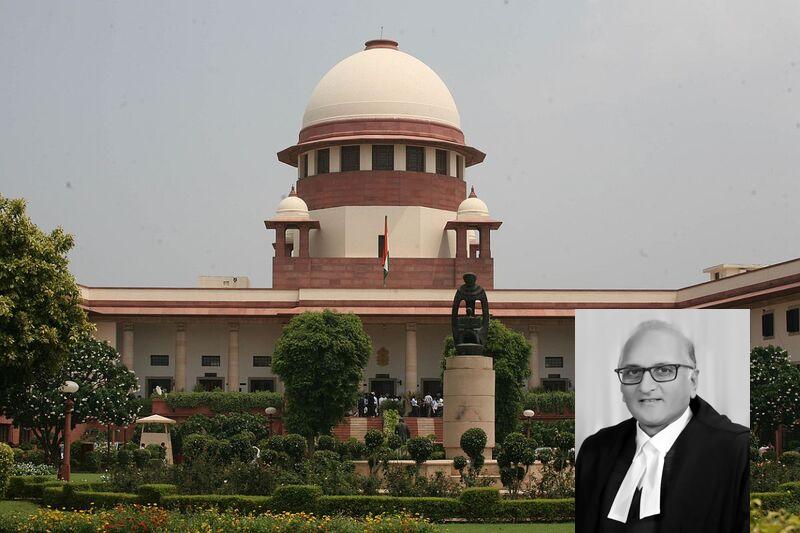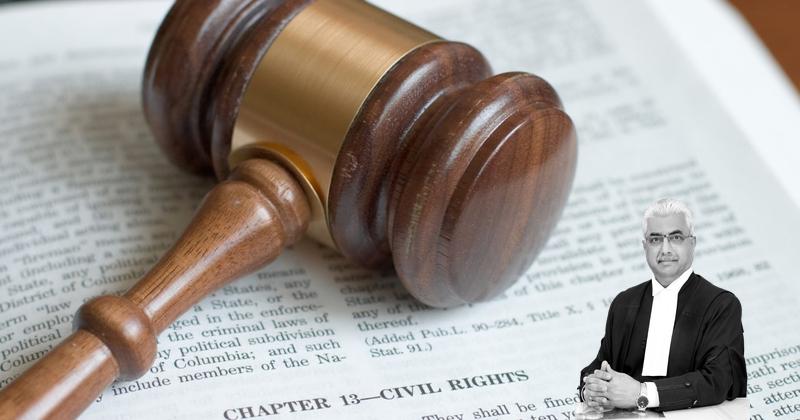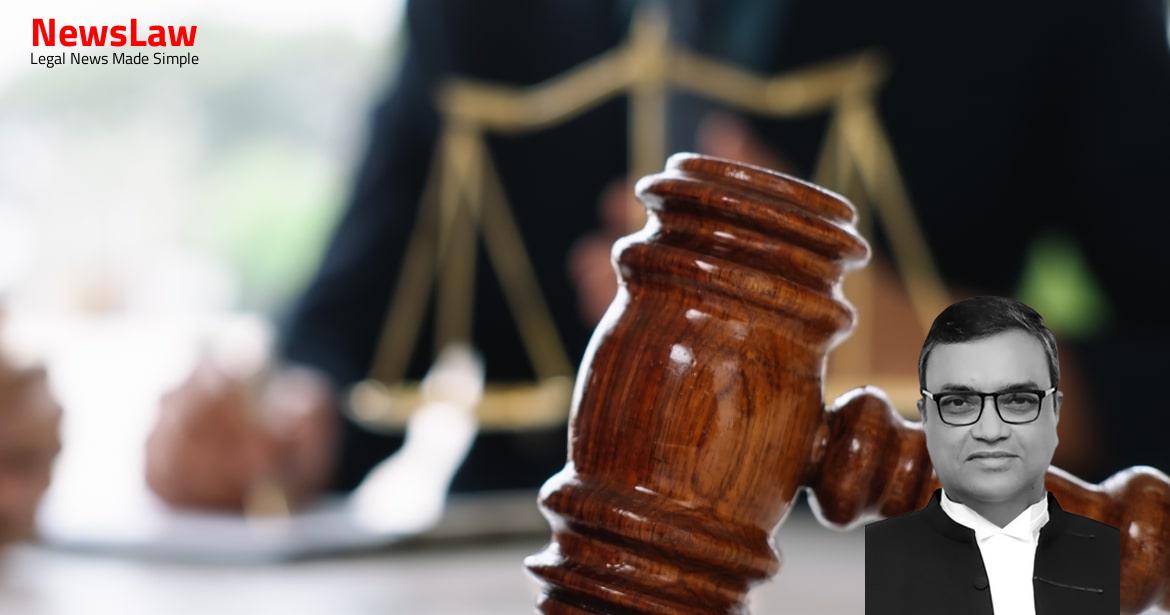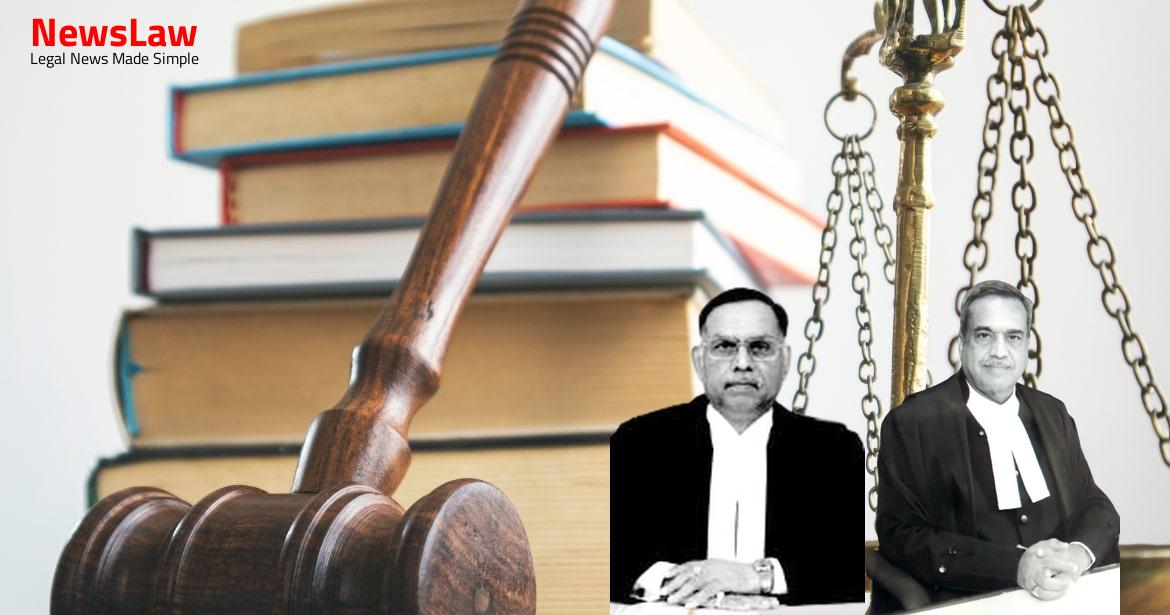In the course of scrutiny, the concerned Assessing Officer (A.O.) having jurisdiction after issuing notice under Section 154 A of the IT Act, to the searched party, was of the opinion that some documents and material “belonging to” the respondents(s) assessee, were involved. The impugned order upheld the order of the Income Tax Appellate Tribunal (hereinafter referred to “ITAT”) which in turn 2 affirmed the assessee’s arguments. (1) Notwithstanding anything contained in section 139, section 147, section 148, section 149, section 151 and section 153, in the case of a person where a search is initiated under section 132 or books of account, other documents or any assets are requisitioned under section 132A after the 31st day of May, 2003 61[but on or before the 31st day of March, 2021], the Assessing Officer shall— (a) issue notice to such person requiring him to furnish within such period, as may be specified in the notice, the return of income in respect of each assessment year falling within six assessment years and for the relevant assessment year or years referred to in clause (b), in the prescribed form and verified in the prescribed manner and setting forth such other particulars as may be prescribed and the provisions of this Act shall, so far as may be, apply accordingly as if such return were a return required to be furnished under section 139; (b) assess or reassess the total income of six assessment years immediately preceding the assessment year relevant to the previous year in which such search is conducted or requisition is 3 made and for the relevant assessment year or years: Provided that the Assessing Officer shall assess or reassess the total income in respect of each (1) Notwithstanding anything contained in section 139, section 147, section 148, section 149, section 151 and section 153, where the Assessing Officer is satisfied that,— (a) any money, bullion, jewellery or other valuable article or thing, seized or requisitioned, belongs to; or (b) any books of account or documents, seized or requisitioned, pertains or pertain to, or any information contained therein, relates to, a person other than the person referred to in section 153A, then, the books of account or documents or assets, seized or requisitioned shall be handed over to the Assessing Officer having jurisdiction over such other person and that Assessing Officer shall proceed against each such other person and issue notice and assess or reassess the income of the other person in accordance with the provisions of section 153A, if, that Assessing Officer is satisfied that the books of account or documents or assets seized or requisitioned have a bearing on the determination of the total income of such other person for six assessment years immediately preceding the assessment year relevant to the previous year in which search is conducted or requisition is made and for the relevant assessment year or years referred to in sub-section (1) of section 153A: Provided that in case of such other person, In such case, the Assessing Officer has to first be satisfied under Section 153C, which provides for the assessment of income of any other person, i.e., any other person who is not covered by the search, that the books of account or other valu- able article or document belongs to the other per- son (person other than the one searched).
In the case of the searched person, the date with refer- ence to which the proceedings for assessment or reassessment of any assessment year within the pe- riod of the six assessment years shall abate, is the date of initiation of the search under Section 5 132 or the requisition under Section 132A. It is evident on a plain interpretation of Section 153C(1) that the Parliamentary intent to enact the proviso was to cater not merely to the question of abatement but also with regard to the date from which the six year period was to be reckoned, in respect of which the returns were to be filed by the third party (whose premises are not searched and in respect of whom the specific provision under Section 153-C was enacted. On the other hand, a plain reading of Section 153-C supports the interpretation which this Court adopts.



